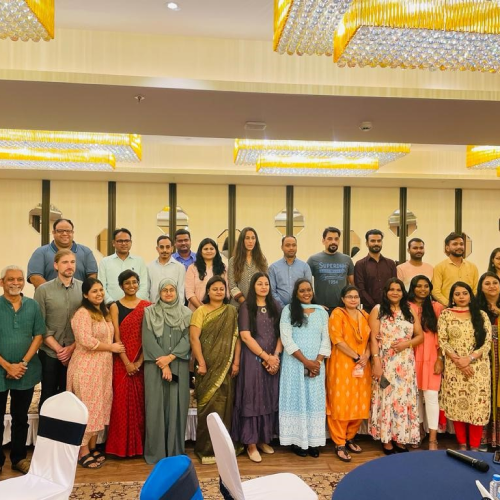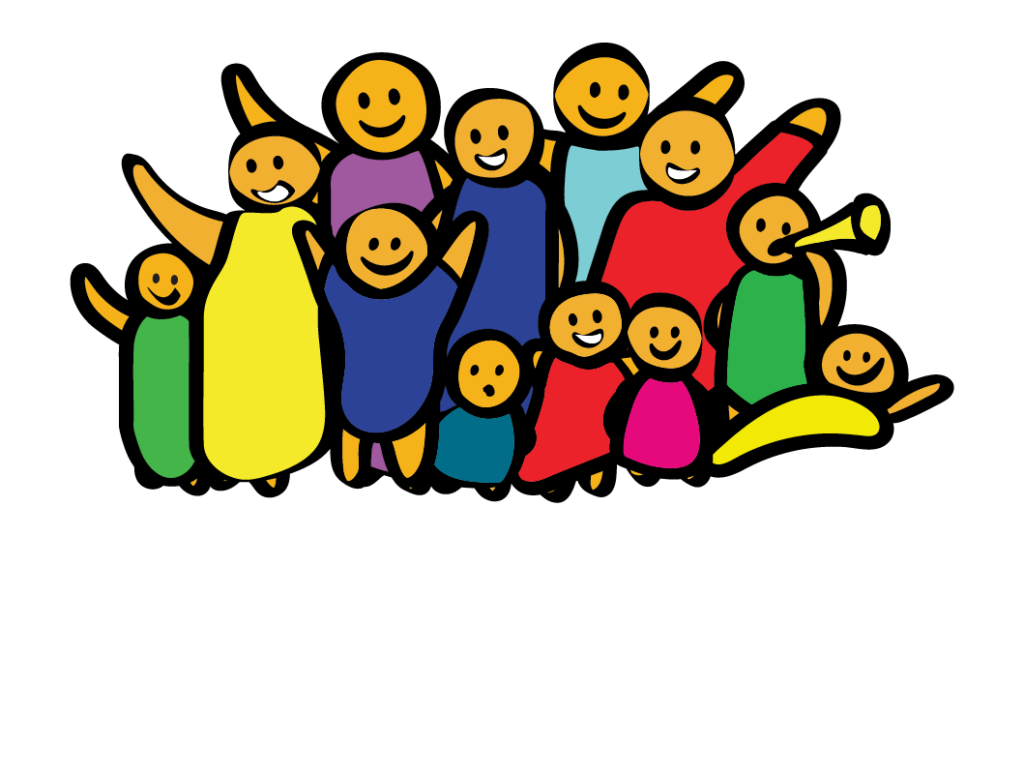
India accounts for roughly 50 million of the global 258 million people living with depression. The Global Burden of Diseases, Injuries, and Risk Factors Study (GBD) 2019 indicated depressive and anxiety disorders as two of the most debilitating mental disorders. The estimated disability-adjusted life years (DALYs) for depression worldwide as per The Global Burden of Disease Study was 917 per 100,000 persons annually. It was further found to be the leading health condition worldwide in terms of DALYs (Vos et al., 2012). The QALYs of depression decrease with the increase in severity of depression where mild depression has a QALY of 14.0, and severe has a QALY of 3.3 (Jia & Lubetkin, 2017). The rather concerning observation in this aspect is of no significant reduction of burden of disease for depression since 1990 (Patel et al., 2016) and this demands a thorough investigation into the possible treatment modalities.
The huge treatment gap of 83% further aggravates the dire situation of mental health and mental disorders in India (National Mental Health Survey, 2016). Depressive disorders, in India, has a lifetime prevalence of 5.25% (National Mental Health Survey, 2016), whereas the lifetime prevalence for any mental illness is 16.7% in the state of Madhya Pradesh (Kokane et al., 2019). The lifetime prevalence of depression in the state of Madhya Pradesh was found to be 4.18% (National Mental Health Survey, 2016) The grave conditions of mental health in Madhya Pradesh, and India, warrant a need to dive deeper into understanding the health systems and incorporating an accessible and feasible resource structure into the already prevailing structures of health care delivery.
The severe lack of psychiatrists, 0.05 in Madhya Pradesh to 1.2 in Kerala per hundred thousand population (National Mental Health Survey, 2016) along with an increase in the prevalence of mental illnesses post-COVID-19 (Roy et al., 2020), can further aggravate the treatment gap. In primary care, general health services, the private sector, especially the non-formal service providers make significant contributions and carry the most load (Desai et al., 2004). Lack of financial support, (Desai et al., 2004), coupled with the higher prevalence of mental illnesses in lower socio-economic populations (Sareen et al., 2011), along with a high economic burden for the affected families (Chavan et al., 2018) suggests the need for the development of cost-effective and accessible methods to provide mental health care to all. Hence, the study aims to provide a bottom-up approach to mental healthcare, integrating the basic structures of Indian healthcare systems into the delivery of mental healthcare services.
WHO’s mhGAP advocates brief psychological therapies or Antidepressant Medication (such as fluoxetine), as primary care treatments. It further suggests the inevitable need for psych education, and increasing social support, and recommends brief psychological interventions such as Problem Management Plus which encompasses relaxation techniques, behavioural activation, strengthening of social support and problem-solving treatment (WHO, 2016).
A number of studies indicate a differential response to various treatment modalities for several mental disorders including depression and suicidal behaviours (Jobes, Gregorian, & Colborn, 2018; Cohen & DeRubeis, 2018). These differences in responses to different treatment procedures based on patient characteristics further demand a development of a Precision treatment Rule which aims to maximize the likelihood of successful remission of mental disorders (Kessler et al., 2019). These differences in the effectiveness of treatment modalities warrant a need for advancements in precision treatment for reducing the depression treatment gap and improving clinical outcomes in LMICs. PTR has been found to be more effective in the remission of suicide ideation (Kessler et al., 2020) and depression (Delgadillo et al., 2020) as compared to a randomized allocation of treatment modality. Different people respond to different interventions for depression, thus a PTR can direct us to the most suitable intervention for an individual.
Research design: The study follows a two-arm intervention randomized control trial design, wherein, the participants were assigned to either of the treatment modalities at random. These treatment modalities consist of HAP (Healthy Activity Program), a behavioral activation program delivered by non-specialist, and ADM (Anti Depression Medication) delivered by medical officers. The medical officers will be trained by the team. The participants will receive these treatments for a 3-month period. The study will follow up for 12 months from recruitment to understand the effectiveness and responsiveness to these specific arms.
Health Activity Programme (HAP): A behaviour activation program that consists of weekly sessions provided by trained HAP counselors. The program focuses on patients with moderate to severe depression, as assessed by PHQ9, and focuses on activities that are pleasurable in nature and inherently take a problem-solving approach. The weekly sessions for HAP counseling will take place for 8 sessions which will be delivered over a period of 3 months. Post the 3-month HAP tr HAP treatment, follow-up sessions will take place on a 3-month basis until the 12th month is reached.
Antidepressant Medication: The study utilises WHO recommended antidepressant medication, fluoxetine, the dose for which would increase successively from 20mg to 40mg, depending on the response of the participant to the medication. The decision to terminate the medication would depend on various factors such as the side effects, and patient’s age. The ADM arm of the study will be administered by the medical officers (MO) of the 8 chosen PHC, as trained.
Genomes: The study also focuses on the genomic and genetic predictors for appropriate treatment for depression. The blood samples will be collected by the PHC staff nurse.
a. Sampling: The study aims to recruit 1500 participants for the study, equally assigned to either arm of the study. The participants are to be of age above 18 years, can understand Hindi and should be availing outpatient services from the PHCs of Bhopal.
b. Scales and Measures: A wide range of variables are being assessed in relation to the participant’s depression levels. Firstly, the sociodemographic details are being captured by using a sociodemographic details form and poverty scorecard. Further focus is on their history of illness, comorbidities such as anxiety, substance use and abuse, personality disorders, disability and other measures of quality of life. Other psychosocial determinants such as stress, social support and personality are also being assessed to provide a richer and holistic understanding of the participant and the role of these variables on the suitable modality of treatment. Cognitive functioning is being assessed by a variety of neurocognitive tasks which give a deeper understanding of their memory, fluid intelligence, visuospatial abilities and so on. Additionally, biometrics and biological factors such as genetic composition, weight and height, are also being considered to create a PTR for treatment for depression.
Brief development: The OptimizeD team is gearing up for the upcoming pilot which would take place in the month of July, spanning up to 3 months, across 8 PHCs of Bhopal, Madhya Pradesh. The pilot will serve to provide greater insights into understanding the barriers and avenues for conducting the main trials with greatest success.
January Meeting: A two-and-a-half-day meeting took place from 19th January to 20th January which brought together the collaborators of the study from across the globe, from the prestigious institutes of Harvard Medical School, AIIMS Bhopal, Sangath Bhopal, Vanderbilt University, and the University of Toronto. The meeting served to concretize the procedures of the study encompassing the technical aspects, study designs as well as finalizing the sites for the study. The two-day meeting aided in the successful orientation of all the members toward the study. Components such as ADM, HAP, assessments, and digital tools were discussed in depth. The second day of the meeting comprised of visiting the site in person and holding a symposium at the Psychiatry Department, AIIMS Bhopal for greater clarity regarding the project. The genomic, HAP, and ADM procedures were discussed at length as well.
Gearing up for the Pilot!
The preparations for the pilot started taking shape in the month of January in 2023. Since May, training for the stakeholders including Medical Officers and the Research Assistants has been arranged to build the necessary skills to excel in the intricate art of research. The MO training, which took place on 16th May, focused on detailing the objectives and expected outcomes of the study, along with the responsibilities of the Medical Officers. These medical officers are MBBS doctors who are assigned with the administration responsibilities of running a PHC. Medical Officers were trained in administering antidepressant medication to the participants and managing the dosage. They were further oriented towards other aspects of their role in data collection such as administering assessment of biomedical parameters and identifying comorbidities. Apart from these, the medical officers were also trained regarding a thorough understanding of depression, its symptoms, and appropriate self-care advice for the patients.
Meanwhile, the Research Assistants have been trained in cutting-edge technology such as NubiS and REDCap, being used in the study along with honing competence in the various scales and measures employed in the study. The training involved a thorough understanding of administering various psychometric tests as well as neurocognitive tests.
This study aims to examine the effectiveness and cost-effectiveness of personalized treatment for patients with moderate to severe depression in primary care by generating a Precision Treatment Rule (PTR).
The study aims to create a Precision treatment Rule modality to assign patients to their suitable form of treatment for depression. Furthermore, the study is expected to produce remission of depression, as per PHQ scores. Additionally, it is expected to bring about a significant decrease in the anxiety levels, along with an increase in well-being and daily functioning as per the scores of the WHODAS and WHO well-being index.
Aligning with the secondary objective of the study, it aims to bring about a cost effective and accessible form of treatment for depression, understood by the remission and quality of adjusted life in years.


do_shortcode(‘
‘)